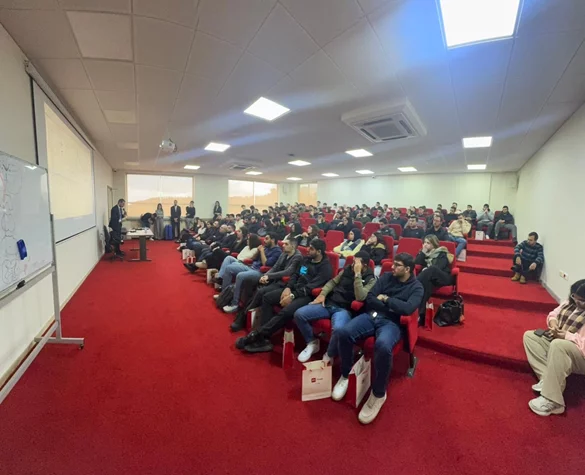WhatsApp, the Facebook-owned messaging platform, is one of the world's most popular messaging apps. It is estimated that over one billion people use the app, sending over 65 billion messages per day.
It's no surprise then that security concerns, malware threats, and spam have begun to appear. Here's everything you need to know about WhatsApp's security issues.
1. WhatsApp Web Malware
WhatsApp's enormous user base make it an obvious target for cybercriminals, many of which center around WhatsApp Web. For years, WhatsApp has allowed you to open a website, or download a desktop app, scan a code with the app on your phone, and use WhatsApp on your computer.
The app store on your phone---the App Store on iOS and Google Play on Android---are more carefully regulated than the internet at large. When you search for WhatsApp on those stores, it's generally clear which app is the official one. That isn't true of the wider internet
2. Unencrypted Backups
The messages you send on WhatsApp are end-to-end encrypted. This means that only your device, and that of the recipient, can decode them. The feature prevents your messages from being intercepted during transmission, even by Facebook themselves. However, this doesn't secure them once they are decrypted on your device.
3. Facebook Data Sharing
Facebook has been the subject of much criticism in recent years. One of those criticisms is of Facebook's effective market monopoly and anti-competitive actions. Regulators attempt to minimize anti-competitive behavior by evaluating any takeover attempts.
5. WhatsApp Status
For many years, WhatsApp's status feature, a brief line of text, was the only way for you to broadcast what you were doing at the time. This morphed into WhatsApp Status, a clone of the popular Instagram Stories feature.
Instagram is a platform that is designed to be public, although you can make your profile private if you choose. WhatsApp, on the other hand, is a more intimate service, used for communicating with friends and family. So, you may assume that sharing a Status on WhatsApp is private too.
However, that isn't the case. Anyone in your WhatsApp contacts can view your Status. Fortunately, it is quite easy to control who you share your Status with.
Navigate to Settings > Account > Privacy > Status and you'll be shown three privacy choices for your Status updates:
- My contacts
- My contacts except...
- Only share with...
Despite this simplicity, WhatsApp doesn't make it clear if your blocked contacts can view your Status. However, the company has done the sensible thing, and your blocked contacts are unable to view your Status regardless of your privacy settings. As with Instagram Stories, any videos and photos added to your Status will disappear after 24 hours.


















.webp)






